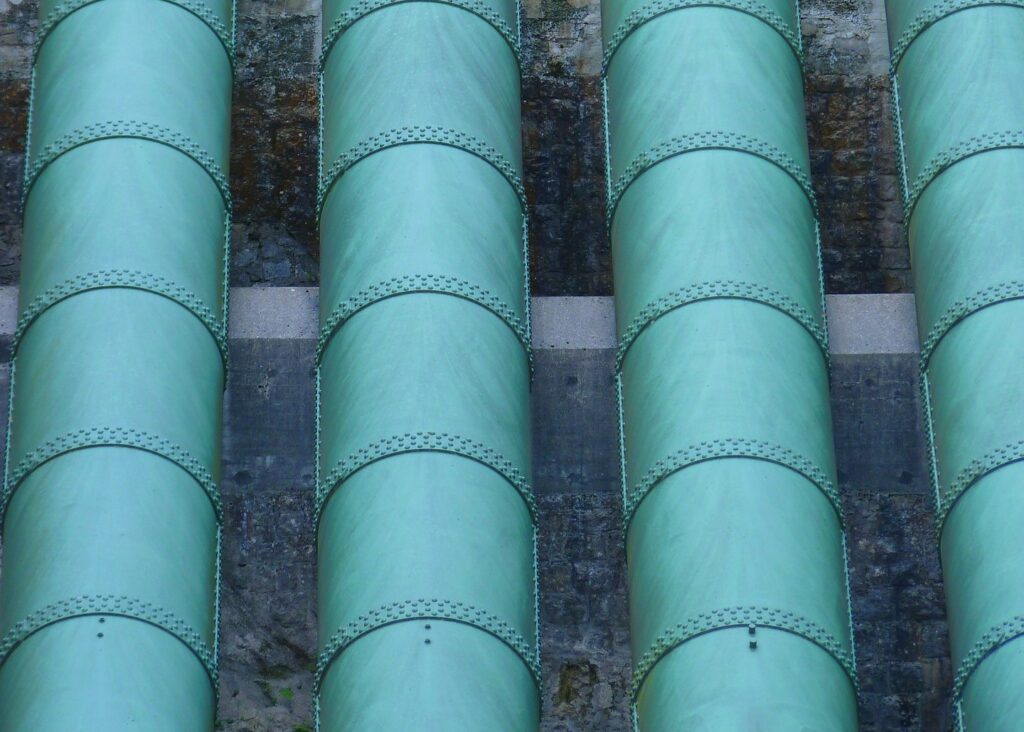The Bad Lauchstädt Energy Park, a flagship project in the country’s hydrogen endeavors, has announced significant progress in the conversion of a natural gas pipeline for hydrogen transportation. This development marks the advent of Germany’s first hydrogen pipeline, scheduled to commence operations in 2024.
The transition from fossil fuels to clean, sustainable energy is at the heart of Germany’s energy strategy. The Bad Lauchstädt Energy Park, located in the Saxony-Anhalt region, is playing a pivotal role in this transition. As project manager Cornelia Müller-Pagel revealed, preparations are underway to bring the first hydrogen pipeline in Germany online next year.
The recent installation of a specialized device represents a milestone in this endeavor. The device allows for the insertion of measuring probes into the pipeline while it’s in operation. This is crucial for ongoing monitoring and inspection, ensuring the integrity of the hydrogen transportation infrastructure. It’s a vital step towards creating a robust and efficient hydrogen supply chain.
For the first time, the Bad Lauchstädt site serves as a real-world laboratory for the complete infrastructure required to harness “green hydrogen.” Green hydrogen is produced through a process that utilizes renewable energy sources, aligning perfectly with Germany’s broader energy transition goals. This sustainable approach not only contributes to reducing carbon emissions but also secures Germany’s energy future.
This endeavor represents a substantial investment, totaling around €150 million, which includes funding for the project. Green hydrogen production through renewable energy is a core component of Germany’s path to a greener and more sustainable future. This project not only aims to advance Germany’s green hydrogen ambitions but serves as a model for hydrogen infrastructure projects worldwide.
Green hydrogen has the potential to revolutionize industries such as transportation, manufacturing, and energy. It offers a clean and efficient alternative to fossil fuels and is critical for reducing the carbon footprint. By investing in green hydrogen infrastructure, Germany is taking a significant step towards achieving its climate goals and ensuring a more sustainable future.





